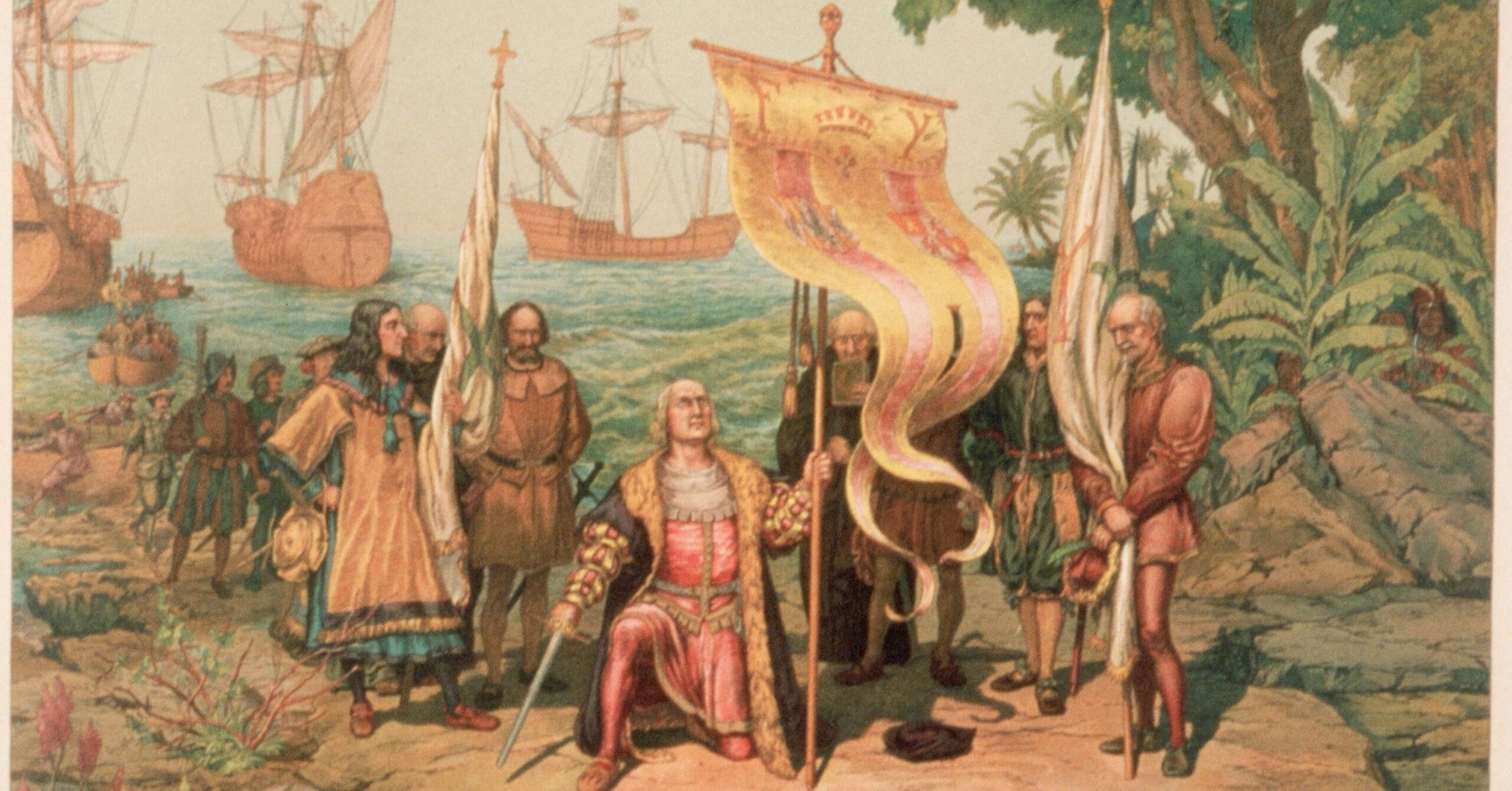Are you curious to know what is a colonizer? You have come to the right place as I am going to tell you everything about a colonizer in a very simple explanation. Without further discussion let’s begin to know what is a colonizer?
The term “colonizer” is deeply intertwined with the history of colonialism, a complex and often painful chapter in human history. To fully grasp the meaning of “colonizer,” one must delve into the historical, political, and social context in which it arises. In this blog post, we will explore the concept of a colonizer, its historical significance, and its lasting impact on the world.
What Is A Colonizer?
A colonizer is an individual or group of individuals representing a foreign power or nation who establish and maintain control over a territory, often far from their homeland. This control typically involves political, economic, and social dominance over the indigenous population of the colonized region. The primary objectives of colonization include resource extraction, wealth accumulation, and exerting influence over the colonized people.
The Era Of Colonialism
Colonization, or the act of becoming a colonizer, played a significant role in shaping the modern world during the 15th to 20th centuries. European powers, such as Britain, France, Spain, Portugal, and the Netherlands, were among the most prominent colonizers during this period. They established vast empires that spanned continents, including Africa, Asia, the Americas, and Oceania.
Motivations Behind Colonization
Colonization was driven by various motivations, including:
- Economic Gain: Many colonizers sought to exploit the natural resources of the colonized regions, including minerals, agricultural products, and labor, to enrich their home countries.
- Political Power: Colonizers aimed to expand their influence and strengthen their geopolitical position through the acquisition of colonies.
- Religious Zeal: Religious groups and missionaries often played a role in colonization, seeking to convert indigenous populations to their faith.
- Competition among European Powers: Rivalry between European nations led to the colonization of new territories as a means of securing dominance.
Impact Of Colonization
The legacy of colonization is profound and far-reaching, with both positive and negative consequences:
- Economic Exploitation: Colonizers extracted vast wealth from their colonies, often at the expense of indigenous populations who were subjected to forced labor and economic exploitation.
- Cultural Disruption: Indigenous cultures were often eroded or suppressed as colonizers imposed their own languages, religions, and customs on the colonized people.
- Political Instability: The arbitrary drawing of colonial borders frequently led to political instability and conflicts in post-colonial regions.
- Legacy of Injustice: Colonization left a legacy of systemic racism, inequality, and social injustice in many former colonies that continues to impact these societies today.
- Positive Developments: Some colonies experienced improvements in infrastructure, education, and healthcare as a result of colonial rule, but these were often secondary to the primary objective of resource extraction.
Conclusion
Understanding the concept of a colonizer requires acknowledging the historical context in which it emerged – a period characterized by the expansion of European powers and their establishment of overseas empires. The effects of colonization, both positive and negative, continue to shape the world today. While the era of colonialism is largely behind us, its legacy underscores the importance of addressing historical injustices and working toward a more equitable and just global future.
FAQ
What Does Being A Colonizer Mean?
: one that colonizes : an individual or entity that establishes a colony or colonies: such as. a. : a nation or state that takes control of a people or area as an extension of state power. the country’s relationship with its former colonizer.
What Is A Colonizer Called?
Definition of colonizer. as in settler. a person who settles in a new region the first colonizers of Easter Island must have faced untold challenges. settler. pioneer.
Who Were The Biggest Colonizers?
United Kingdom (Britain) The British Empire was the largest of its kind in history, and once covered about one quarter of all the land on Earth. One of the last major colonies to be given up by Britain was Hong Kong which was given back to China on July 1st 1997.
Was Colonization Good Or Bad?
Most of the thousands of studies on the topic find that while colonial rule brought some improvements in economic growth and long-term health and well-being, many of the post-colonial world’s economic and political difficulties (including corruption, poor economic productivity and violence) are directly linked to …
I Have Covered All The Following Queries And Topics In The Above Article
What Is A Colonizer Person
What Is A Colonizer In Science
What Is A Colonizer In History
What Are Female Dolphins Called
What Do Baby Dolphins Eat
How Long Does A Baby Dolphin Stay With Its Mother
How Many Babies Do Dolphins Have In A Lifetime
What Is A Male Dolphin Called
What Is The Most Common Dolphin?
What Do Dolphins Eat
How Do Dolphins Take Care Of Their Young
What Is A Colonizer
What does colonizer mean?









